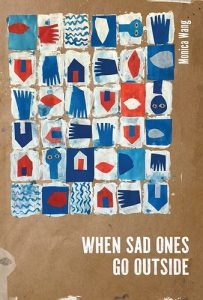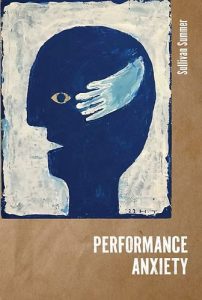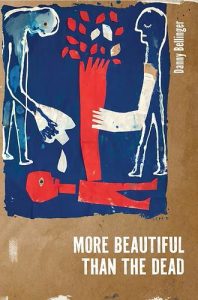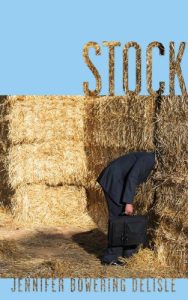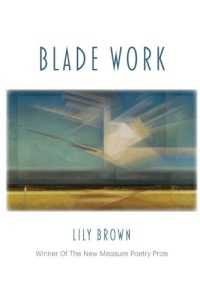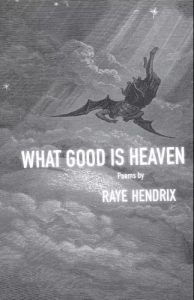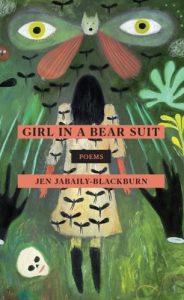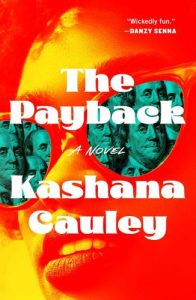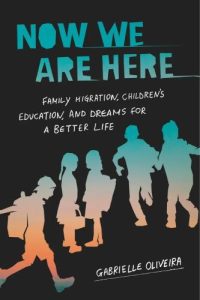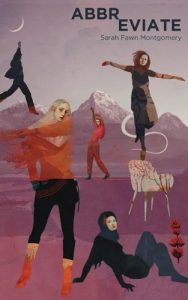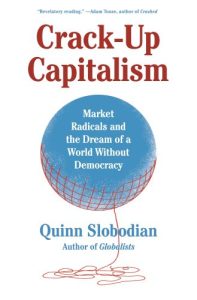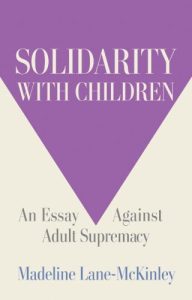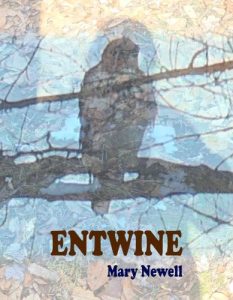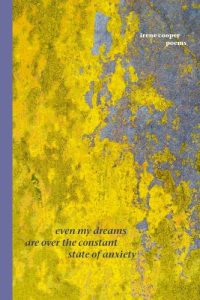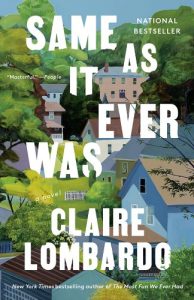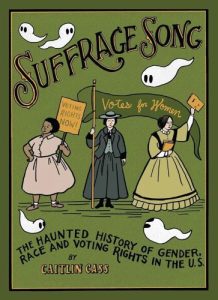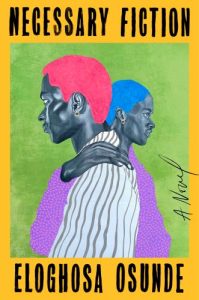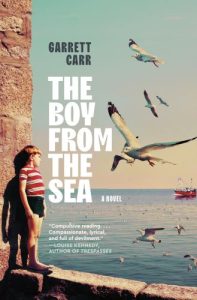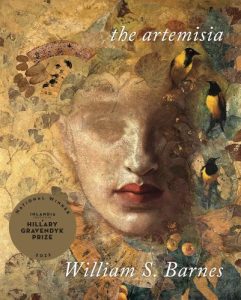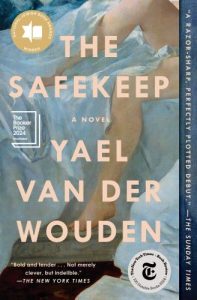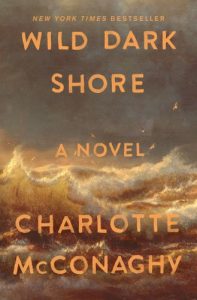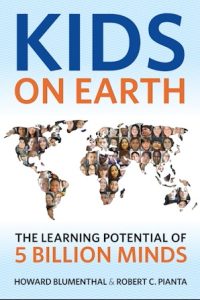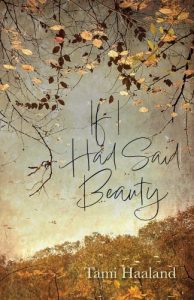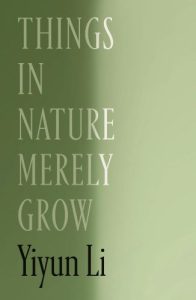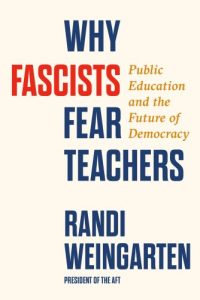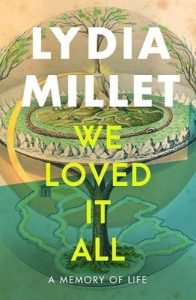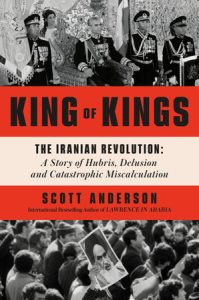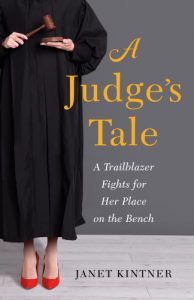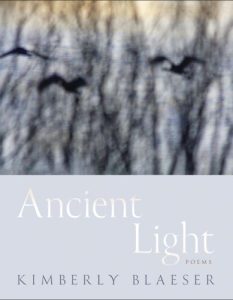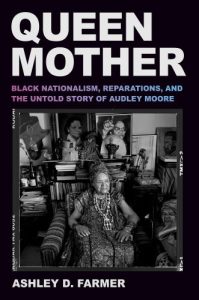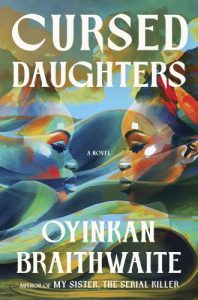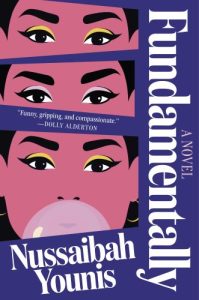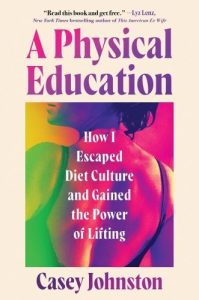
Review by Jami Marcarty
In Elegies of Herons, Sarah Wetzel weaves ecopoetics together with a poetics of tristezza. The mournful “current running” through the poems speaks to losses that shatter us. In “We are in pieces,” we learn the nature of those profound losses for Wetzel:
“The death of my mother, the death
of my best friend, a dog, a marriage, the loss
of an entire Mediterranean city I used to call home—”
In “Harbingers,” Wetzel asks “what // comes afterwards”? One reply: Poetry. As Emily Dickinson wrote, “After great pain, a formal feeling comes.” Through self-aware poems spanning the elegy, ekphrastic, epistle, and nocturne forms, Wetzel examines the tensions at the heart of the “human experience” — “hope or helplessness,” “poison or antidote,” “full-throated joy” or “folly of love.” Her poems function as wishes: “a friend to live longer, a lover to love us more.” They become songs honoring those lost, offering “sounds / other than silence.” Wetzel accepts the “danger / in making this misery / memorable” to serve her “soundtrack / for loneliness.”
The herons that haunt this collection, standing motionless at water’s edge, embody the vigil grief requires: the waiting, the watching, the acceptance. Through this natural imagery, Wetzel locates personal devastation within ecological time, where loss is neither exceptional nor redemptive — simply inevitable. The Mediterranean landscapes, the shifting waters, the birds in flight all remind us that memory itself is migratory, arriving and departing on its own rhythms.
The poems of Sarah Wetzel’s Elegies of Herons, “confront grief,” insist on attention, on the act of naming what has been lost, even as that naming acknowledges its own inadequacy.
Elegies of Herons by Sarah Wetzel. Black Sunflowers Poetry Press, June 2025.
Reviewer bio: Jami Macarty is the author of The Long Now Conditions Permit, winner of the 2023 Test Site Poetry Series Prize (University of Nevada Press, 2025), and The Minuses (Center for Literary Publishing, 2020), winner of the 2020 New Mexico/Arizona Book Award – Poetry Arizona. Macarty’s four chapbooks include The Whole Catastrophe (Vallum Chapbook Series, 2024), 2025 finalist for the bpNichol Award.

